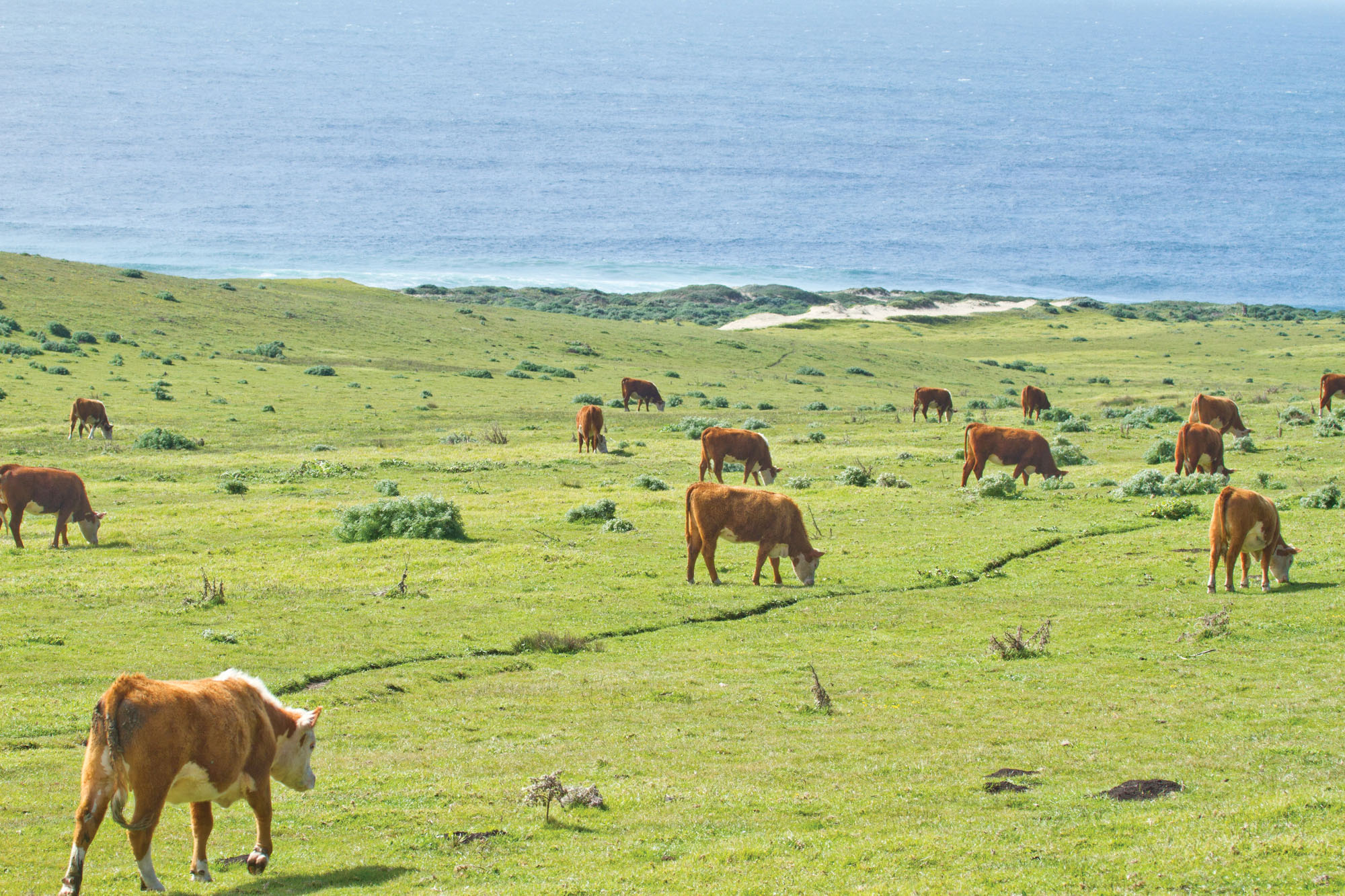
I have a special place in my heart for California’s Central Coast. Located between the more-famous sights of Northern California (including San Francisco, Berkeley, and even further North, Sonoma and wine country) and sunny Southern California (Los Angeles, San Diego, and anywhere that can get away with charging $19.99 for avocado toast), the Central Coast is for those who yearn for calm, quiet, and a certain wisp of wind-and-fog mysticism.
Along the Central Coast’s Highway 1, the road is wider, emptier, and infinitely more beautiful than any Southern California freeway (except for my beloved, fire-ravaged Pacific Coast Highway by Malibu and the Palisades). This past winter break, my family and I opted to visit this area, rather than traveling to more popular “Yeshiva Week” destinations such as Mexico or Florida. We stayed at a small, seaside Airbnb in quiet Morro Bay, and planned visits to San Luis Obispo, lush hikes, various monarch butterfly groves, and one of my favorite attractions, Hearst Castle, known to William Randolph Hearst and his pioneering architect, Julia Morgan, as “La Cuesta Encantada” (or “The Enchanted Hill” in Spanish) for its breathtaking charm and mystery, especially on foggy days.
The drive from Morro Bay to San Simeon, where Hearst Castle is located, is good for the soul. The open road (Highway 1) is flanked by the luster of the Pacific Ocean on one side, and the peaceful calm of miles of rolling green hills on the other. As we drove toward San Simeon, I watched hundreds of cows slowly graze on the hilltops.
It was a peaceful, yet strange sight: To my left was the utter magnificence of the Pacific, the world’s largest ocean and the muse for generations of explorers, poets, dreamers, and East Coast escapists. To my right were calm grasses, even calmer green hills, and grazing cows at every turn.
If we are wise and leave our phones in the back seats, road trips allow us to access a certain tranquility and mindfulness that is nearly impossible to grasp during the multitude of work obligations and hectic errands we endure most of the week. There came a moment during our drive to Hearst Castle when even the kids stared calmly out the windows and hopefully realized they were a small part of a much larger, majestic world. Or perhaps it was the Dramamine. Either way, the drive was blissfully calm.
As we continued on the nearly empty road and passed a sign for Cambria, a seaside village named after Wales in Latin, I took a closer look at the cows atop the hills and had a sudden realization: In terms of sheer living space, these cows live and graze in an area that is coveted by millions. Simply put, you can’t get better real estate than those pastoral hills.
And standing on those high hills, the cows had a better view than nearly any human: the grandeur of the Pacific Ocean, especially on that sunny day, when rays of sunshine were reflected in the blue-turquoise waters, awaited them early in the morning, and called them to sleep at sunset every evening.
Men and women have spent millions to live near such views. William Randolph Hearst spent $10 million building his dream house beginning in 1919 (equivalent to $700 million today), and another $3.5 million furnishing it with antiques. From New York to Oklahoma, tourists visit California each year for a glimpse of our legendary Pacific Ocean, made even better on the Central Coast, where there is far less traffic and pollution. The sights from those peaceful hills were truly epic, but the perpetual recipients of those glorious sights were, well, hundreds of cows (and a few bulls).
That’s when I realized one truth about life: one could be surrounded by indescribable beauty, abundance, and goodness, like that inspiring ocean, and still not be able to see or appreciate any of it.
The cows at Cambria probably do not understand the concept of an ocean. And the extent of their understanding of clear, blue skies or romantic sunrises or sunsets must be limited to sensing changes in weather or knowing when it is time for sleep.
These cows seem to spend most of each day grazing on grass. If they are bothered to look up, it is no more than a foot or so away, to move on to new patches of grass. To them, the views of the legendary Pacific would be no different than miles of underwhelming, dry plains or even an ugly, dark curtain. Find me a cow who grazes on a hilltop and looks longingly at the Pacific Ocean, in utter awe of its vast radiance, and I will write in the name of that cow in the next state primary election. That cow has earned my vote.
To put it simply, I know so many cows — those who enjoy many blessings but are simply unable to fully appreciate them or recognize their merit through words of praise or loving deeds. These are not bad or bitter people; they are not withholding affection or gratitude. They simply do not possess the words or the ability to truly audit their surroundings and declare, “My life is so enriched and abundant due to everything that [Person X] brings to me or does for me.”
And then, there are the cows who have a limited appreciation of their many blessings because they cannot manage to look beyond what is holding their attention. In human form, I am referring to those who are hopelessly glued to their phones. In cow form, I am referring to cows who face the extraordinary scenery of the Pacific Ocean, but who only see grass before their eyes.
Yes, I know many well-meaning cows. But I also know many oceans, those incredible, life-energizing people who hold up entire homes, families, and even communities. The biggest mistake these metaphoric oceans make is to draw their sense of worth, lovableness, and honor from recognition and praise that a bunch of gentle, but limited cows simply cannot give.
Passover ended recently, and perhaps this year (or every year), you felt surrounded by a few cows who would simply never understand every contribution you made to ensure a beautiful seder, a clean home, or peaceful holiday. Don’t take it personally. If the ocean endured heartache at every cow, creature, or human who did not raise a head to appreciate its quiet, ever-present beauty, it would destroy itself.
The Pacific is no less vital or striking be-cause gentle cows cannot see its merits. To put your worth into the hands of anyone else, whether a loving and attentive devotee or a well-meaning, but limited person, is part our human need to be seen and loved.
And here is one more truth: the Pacific is no less vital or striking because gentle cows cannot see its merits. To put your worth into the hands of anyone else, whether a loving and attentive devotee or a well-meaning, but limited person, is part our human need to be seen and loved. But it is also deeply unwise.
Road trips reawaken us. I never expected that on a peaceful drive from Morro Bay to San Simeon, the cows on the serene hills dotting Highway 1 would unknowingly offer me so much to chew on.
Tabby Refael is an award-winning writer, speaker and weekly columnist for The Jewish Journal of Greater Los Angeles. Follow her on X and Instagram @TabbyRefael.
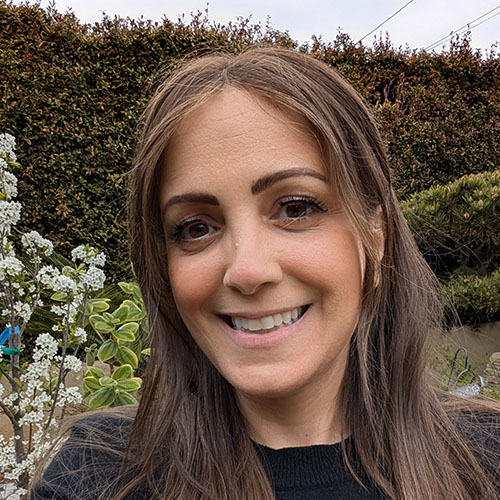














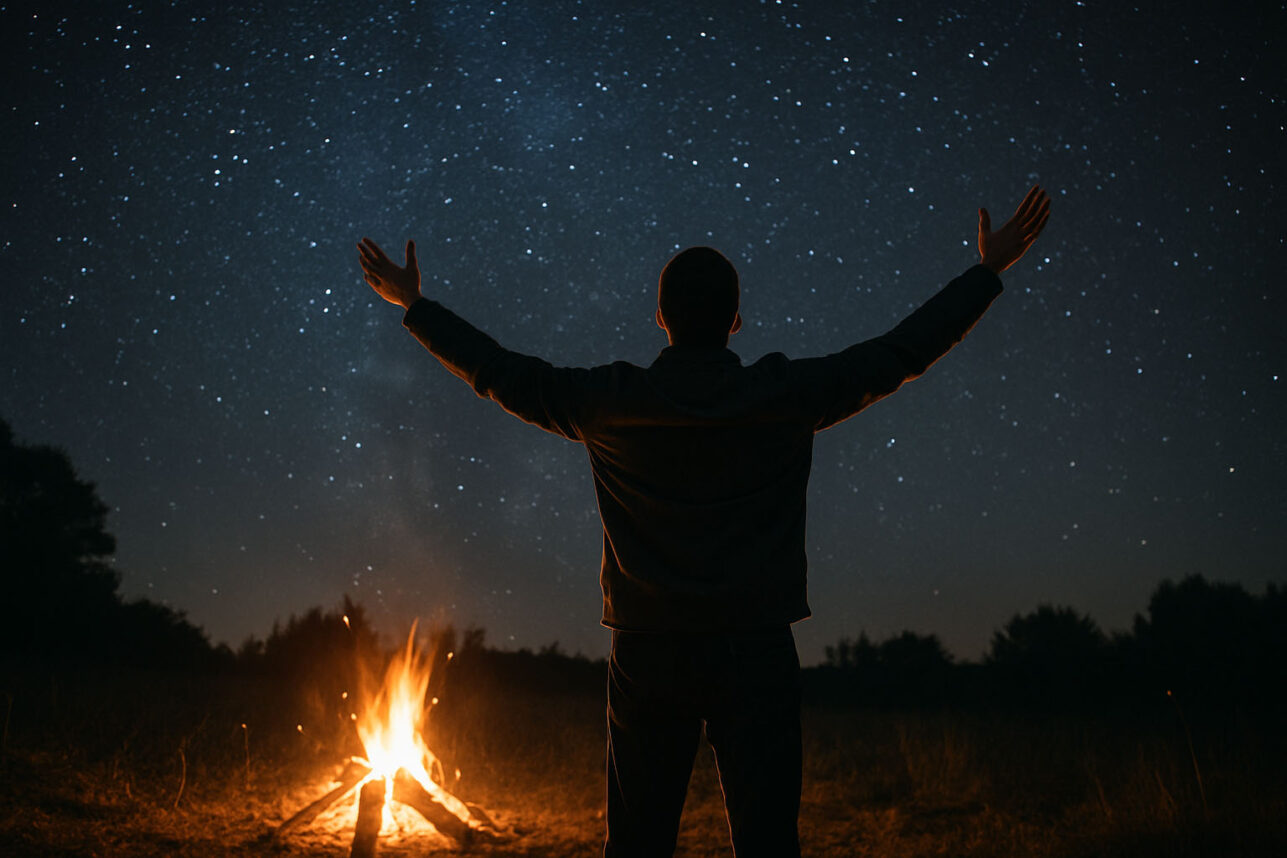
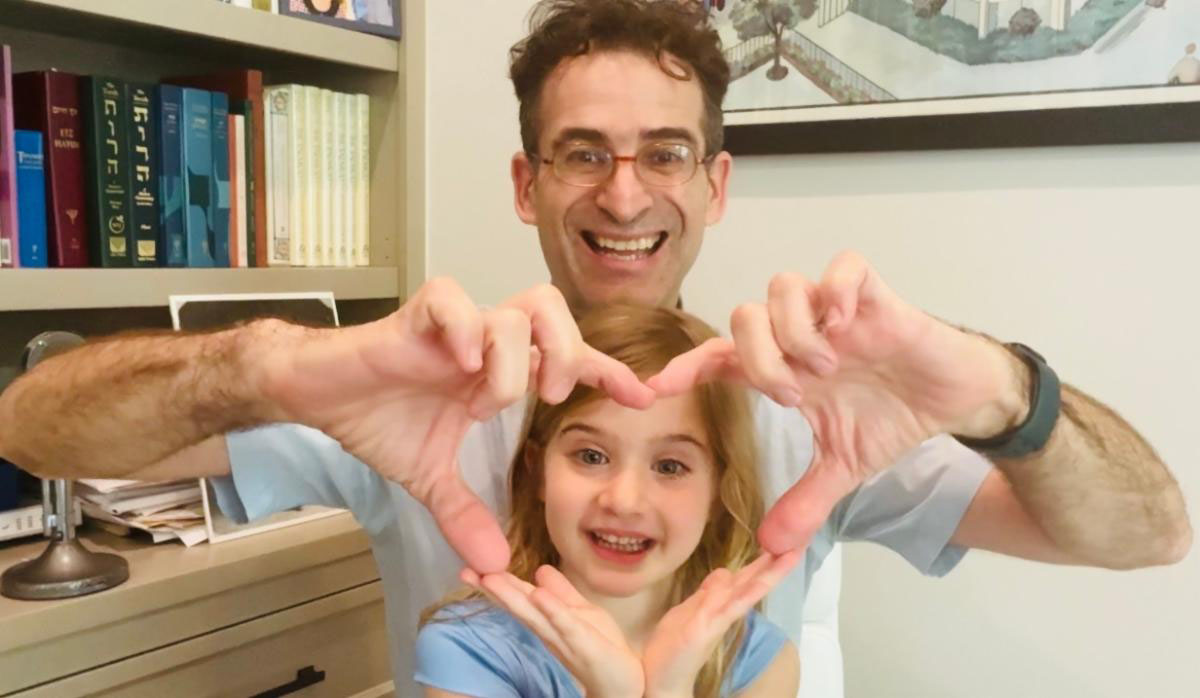
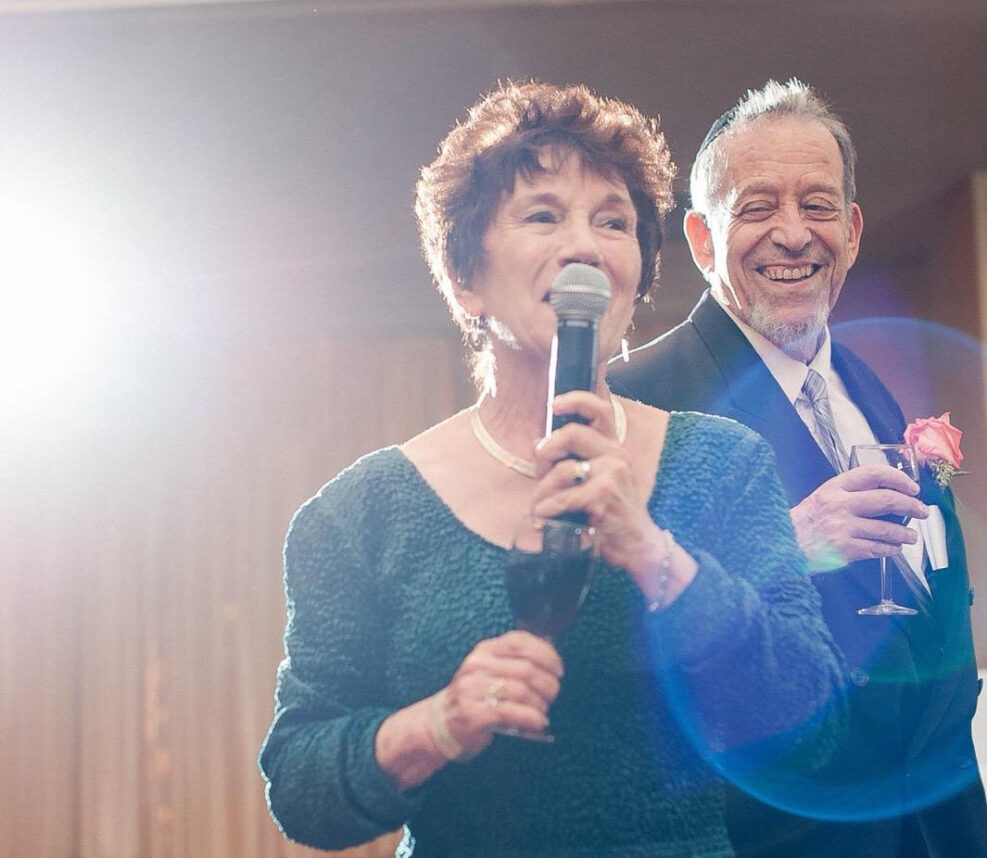



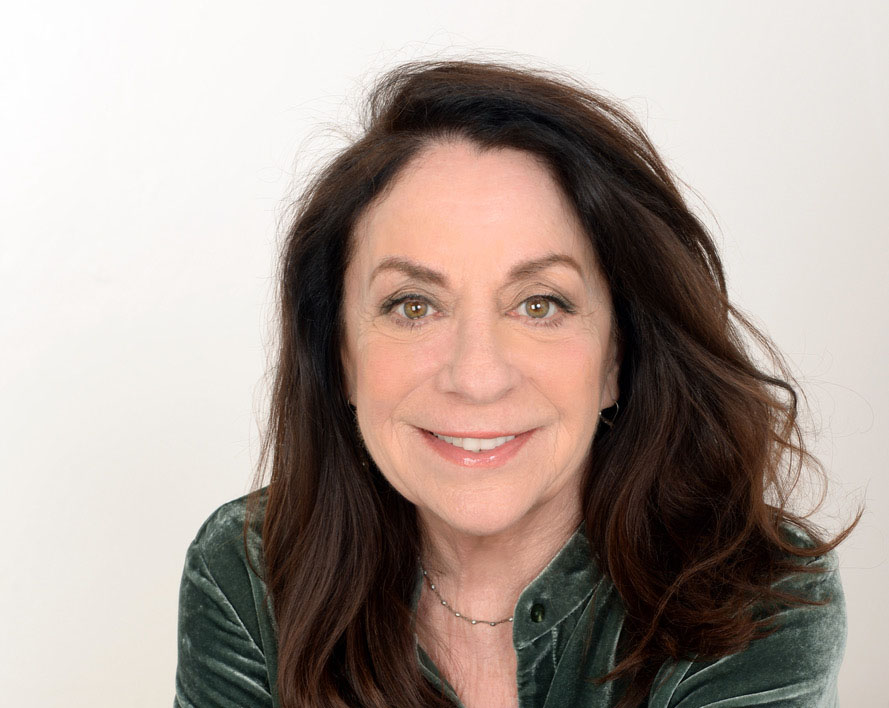
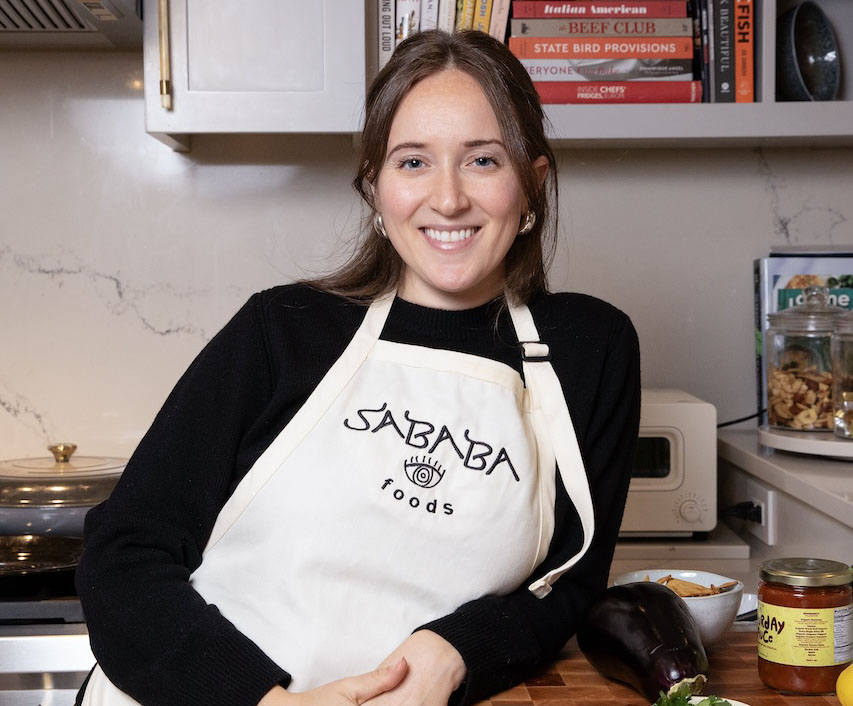

 More news and opinions than at a Shabbat dinner, right in your inbox.
More news and opinions than at a Shabbat dinner, right in your inbox.